Volume 23: November 2020 Archive of CO2 Science Postings
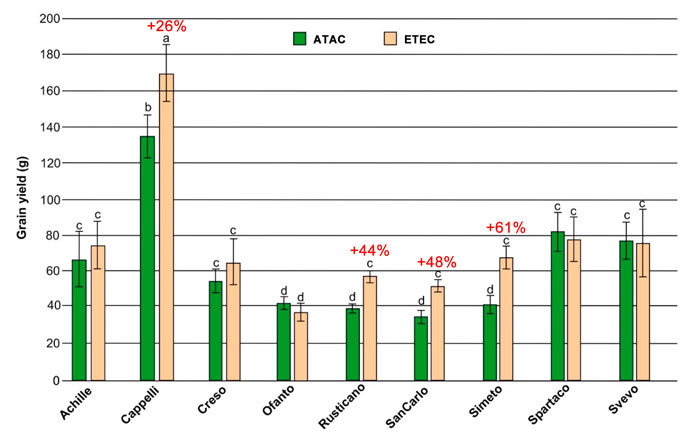
Interactive Effects of CO2 and High Temperature on Nine Wheat Genotypes (30 November 2020)
In a worse-case climatic scenario treatment of elevated CO2 (800 ppm) and high temperature stress (+2.5 °C above ambient), none of the nine cultivars experienced declining grain yields while four experienced significant increases...
 Investigating the Major Factors of Wheat Production in India over the Past Four Decades (25 November 2020)
Investigating the Major Factors of Wheat Production in India over the Past Four Decades (25 November 2020)Since 1980, annual wheat production in India has increased by 43 Mt, the vast majority of which increase likely came from three factors: rising atmospheric CO2, the application of nitrogen fertilizer and irrigation...

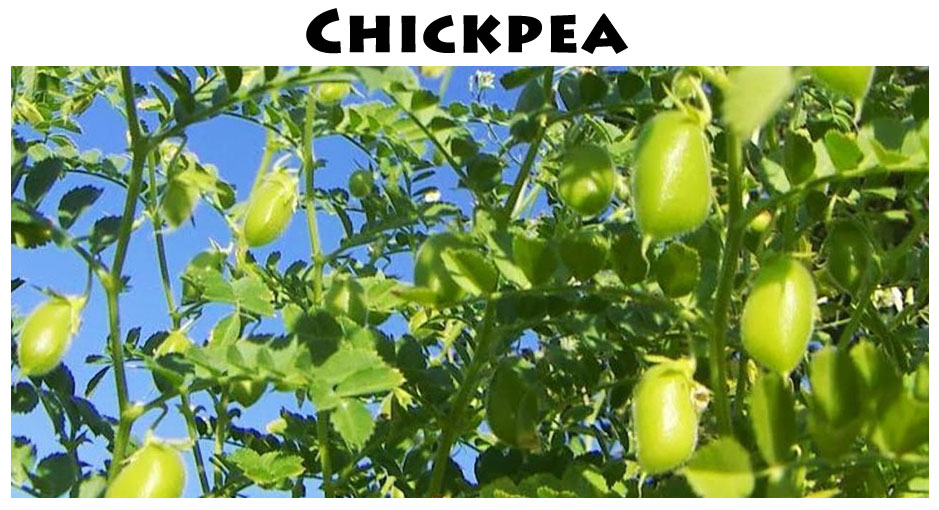
Plant Growth Database (24 November 2020)
Our latest result of plant growth responses to atmospheric CO2 enrichment obtained from experiments described in the peer-reviewed scientific literature is for Chickpea (Chakrabarti et al., 2020). To access the entire database, click here.
 A Solar-Climate Link in Arid Central Asia (23 November 2020)
A Solar-Climate Link in Arid Central Asia (23 November 2020)Over the past 11,000 years the Sun has likely been the major driver of temperature change in central Asia...

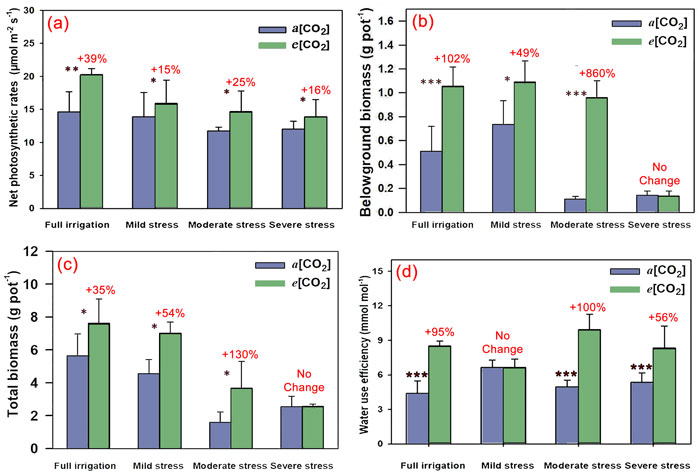
The Effects of CO2 and Water Stress on Bell Pepper (20 November 2020)
Rising atmospheric CO2 is a management strategy farmers can count on to increase yields both now and in the future, even under water-limited stressful conditions of drought...


Plant Growth Database (19 November 2020)
Our latest result of plant growth responses to atmospheric CO2 enrichment obtained from experiments described in the peer-reviewed scientific literature is for Petunia (Craver et al., 2020). To access the entire database, click here.
 The Positive Response of Two Eelgrass Populations to CO2 Enrichment (18 November 2020)
The Positive Response of Two Eelgrass Populations to CO2 Enrichment (18 November 2020)Higher pCO2 levels boosted the growth and survival of the two populations, while also improving tolerance to high temperature stress...


Plant Growth Database (17 November 2020)
Our latest result of plant growth responses to atmospheric CO2 enrichment obtained from experiments described in the peer-reviewed scientific literature is for Cucumber (Dong et al., 2020). To access the entire database, click here.

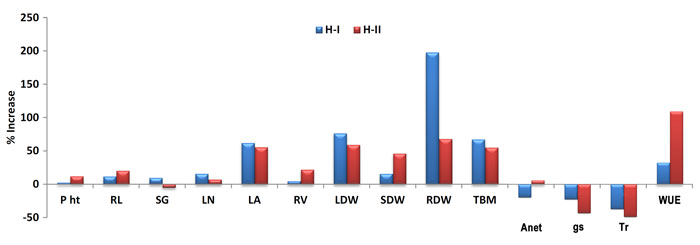
The Growth Response of Maize to CO2 across Two Generations (16 November 2020)
Many positive growth-related enhancements from elevated CO2 increased from one generation to the next, signaling that the benefits of CO2 might be much larger than that reported in thousands of first generation experiments...

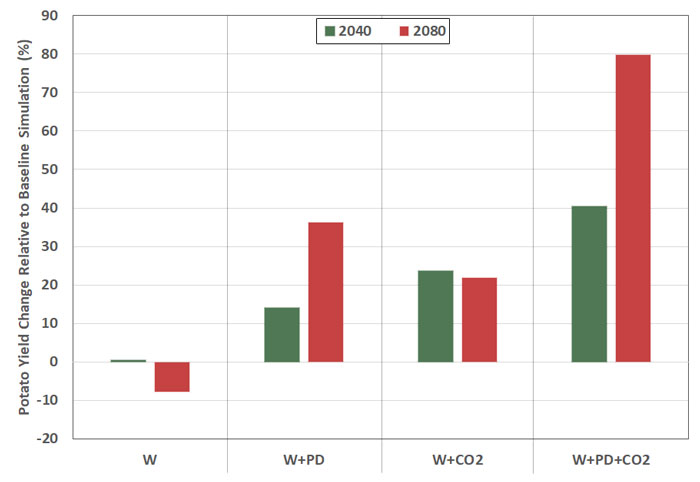
Projecting Mid- and Late-century Spring Potato Yields in South Korea (13 November 2020)
This study reveals much of the reasons why we remain highly optimistic about the future of crop yields under elevated levels of atmospheric CO2...

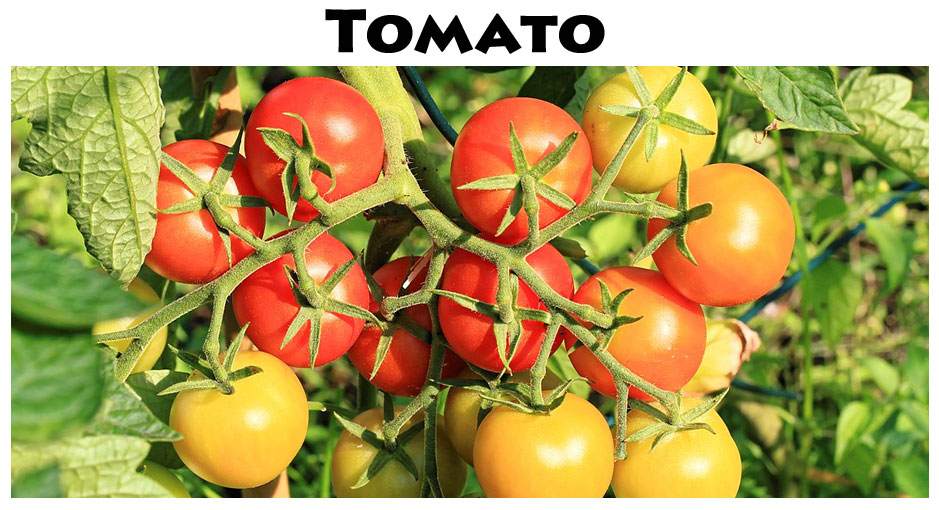
Plant Growth Database (12 November 2020)
Our latest result of plant growth responses to atmospheric CO2 enrichment obtained from experiments described in the peer-reviewed scientific literature is for Tomato (Brito et al., 2020). To access the entire database, click here.

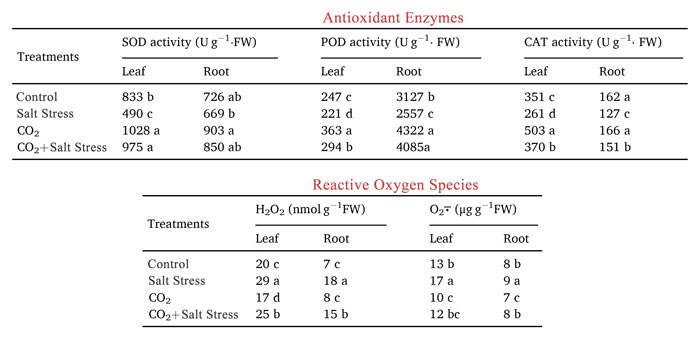
The Interactive Effects of CO2 and Salt Stress on Tomato Seedlings (11 November 2020)
Yet again we find a new study extolling one of the many virtues of atmospheric CO2 enrichment...


Plant Growth Database (10 November 2020)
Our latest result of plant growth responses to atmospheric CO2 enrichment obtained from experiments described in the peer-reviewed scientific literature is for Wheat (Asif et al., 2020). To access the entire database, click here.

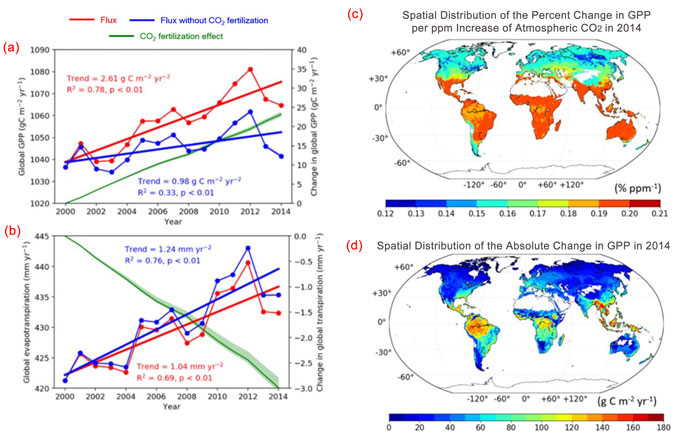
Further Evidence the CO2 Fertilization Effect is Presently Enhancing Global Vegetative Productivity (9 November 2020)
Not only has the planet's vegetative productivity increased since the year 2000, its increase has occurred under no additional expense of water, evidenced by a reduction in transpiration and improvement in plant water use efficiency over the corresponding period. What makes these findings even more astounding is the fact that they have ensued despite climate alarmists projections (and claims) to the contrary of widespread global vegetative decline, which they ironically assert should be happening in consequence of rising atmospheric CO2. They could not have got it more backwards!...

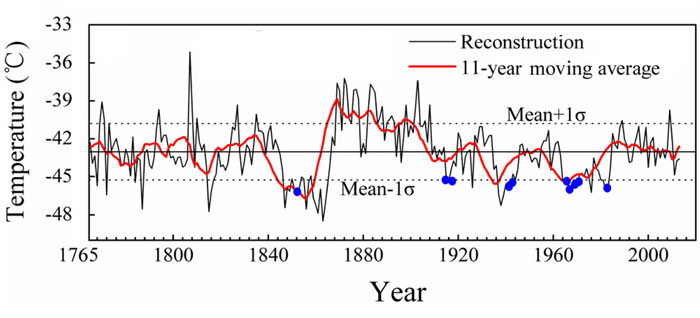
A Two-and-a-half Century Winter Temperature Reconstruction from Northern China (6 November 2020)
According to climate alarmist theory, CO2-induced global warming (if it is occurring) should be most evident in high latitude regions during winter months. So, how clear is the signal in this 249-year reconstruction of winter temperatures from northern China?...

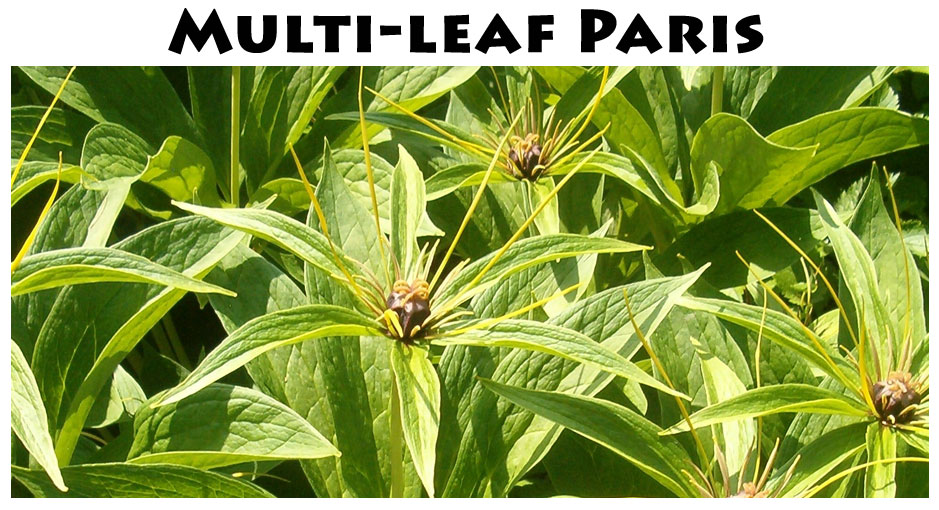
Plant Growth Database (5 November 2020)
Our latest result of plant growth responses to atmospheric CO2 enrichment obtained from experiments described in the peer-reviewed scientific literature is for Multi-leaf Paris (Qiang et al., 2020). To access the entire database, click here.

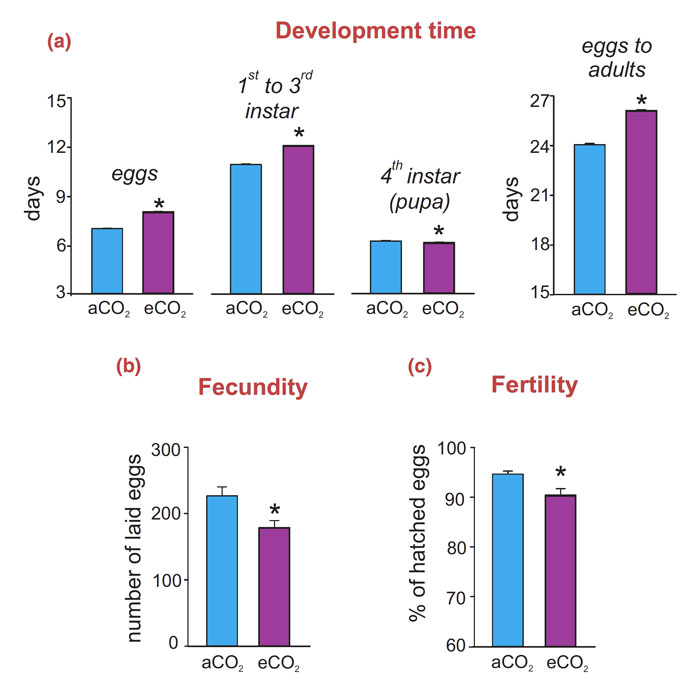
A CO2-induced Influence on Aphid Life Parameters (4 November 2020)
Elevated CO2 reduced the development time, fecundity and fertility of Bemisia tabaci feeding on Bt soybean plants...

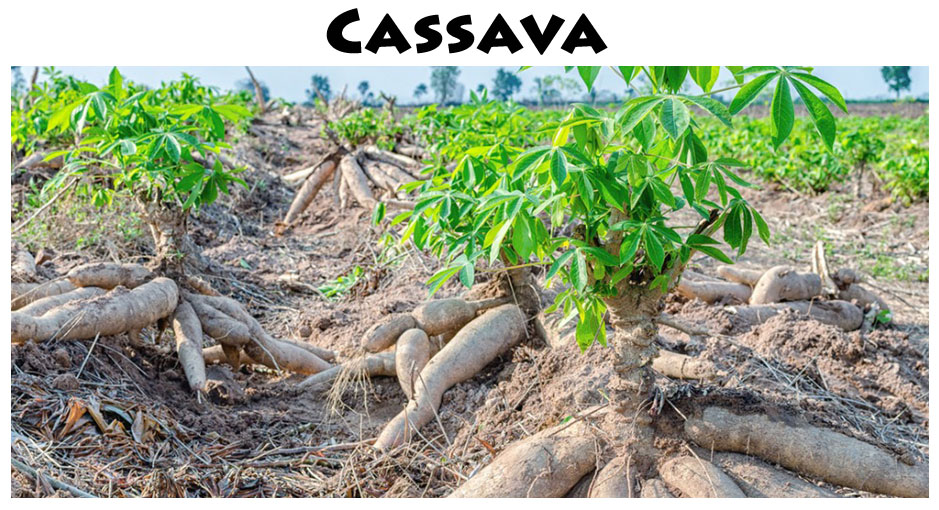
Plant Growth Database (3 November 2020)
Our latest result of plant growth responses to atmospheric CO2 enrichment obtained from experiments described in the peer-reviewed scientific literature is for Cassava (Forbes et al., 2020). To access the entire database, click here.

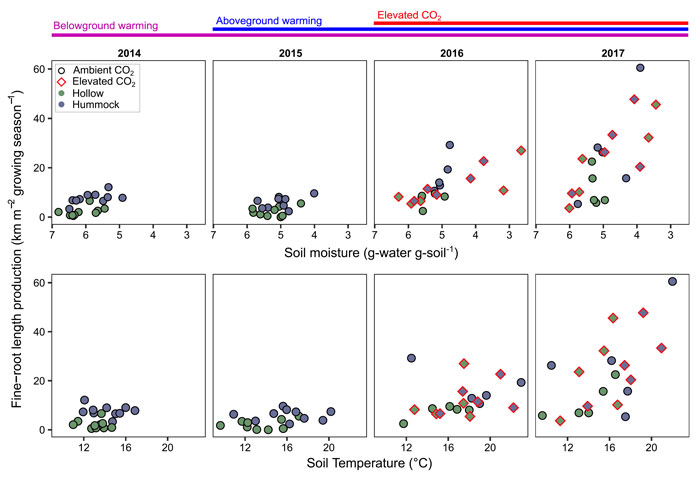
The Combined Impact of Warming and CO2 on Peatland Fine-root Growth (2 November 2020)
Rising temperatures led to a strong negative feedback in the carbon cycle where fine-root production increased at a rate of 130% for every degree increase in temperature. Such observations indicate the long-held contention of climate alarmists that warming of peatlands is likely to amplify global temperature by releasing vast amounts of carbon stored in their soils is incorrect...





